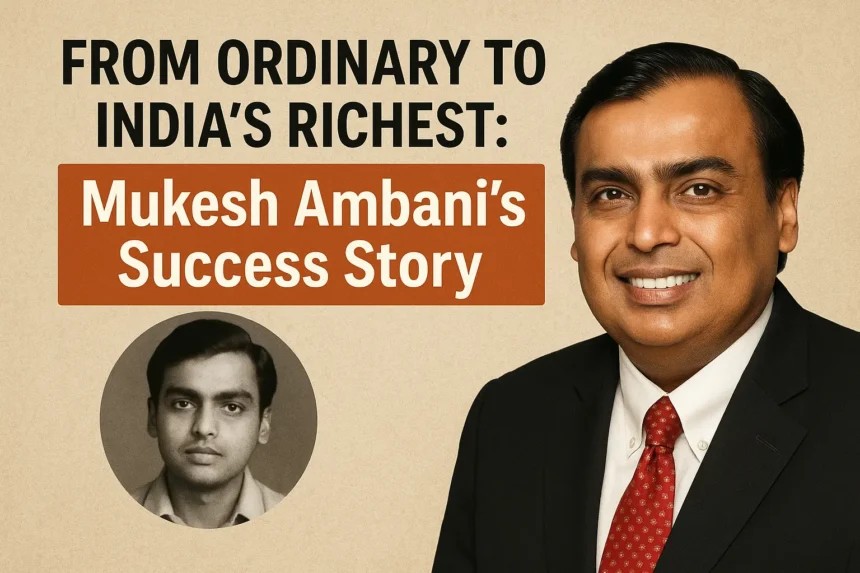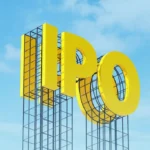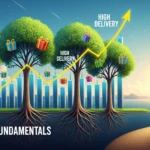Mukesh Ambani is the name of the person who, from being a common man, became one of the richest people in India. This is a very inspirational story for us, how someone who started life in a very simple and average way, without complaining about situations and ups and downs, Today the richest man in our country is Mukesh Ambani who makes India feel proud in the whole world. Today, in this article, we will understand in detail the success story of Mukesh Ambani, how today every person in India knows him, and how we will deeply understand his journey from personal life to business life.
Life’s Journey: Foundation of an Entrepreneur
Mukesh Ambani was born in Aden City, Yemen, on April 19, 1957. The family relocated to Mumbai in 1958, where his father, Dhirubhai Ambani, was employed as a gas station attendant.
He studied at Hill Grange High School, later joined St. Xavier’s College, and earned a BE in Chemical Engineering. For higher education, he went to Stanford University for an MBA, where he met Steve Ballmer (future CEO of Microsoft). When Mukesh’s father asked him to manage his business while he was still in school, he dropped out to work for him. His wealth was not inherited but built through struggle and dedication.
Family Legacy and Separation
After joining Reliance’s board in 1977, Mukesh Ambani helped the struggling textile company expand into polyester fibres, petrochemicals, and petroleum refining.
He worked tirelessly, establishing world-class manufacturing plants, raising petrochemical production from 1 million tonnes to over 21 million tonnes. After Mukesh Ambani joined his own business, he learned a lot and developed the business. By the end of the 1990s, he established the world’s largest grassroots refinery in Jamnagar, Gujarat, due to which India became known on the world map.
When his father Dhirubhai Ambani died in 2002, some people started spreading rumours, due to which his mother Kokilaben Ambani, in 2005, divided the property equally between both the brothers, Mukesh Ambani and Anil Ambani.Mukesh received stable and profitable businesses, which helped him grow further, while Anil faced debt and competition.
Vision: Impact on Society Before Profit
Mukesh Ambani learned from his father that a business must first impact people, not just earn money. His motive was: “impact 1 billion people rather than only earn profit in the beginning.”
When he started polyester manufacturing, the goal was to deliver affordable fabric across India, not to a limited group. With the same vision, he invested ₹1.8 trillion in Jio, knowing the risks. He told his board: “Even if Jio fails financially, it will still be a big philanthropy because it will make India digital.”
The Art of Constant Reinvention
If we want to grow constant money from our business, then we should keep reinventing our business every 3-5 years according to the trend of the time, this is our Mukesh Ambani’s belief. Reliance followed this path: textiles → petrochemicals → refining → retail → telecom → green energy. This adaptability keeps Reliance among the top companies.
Playing Big Bets and Owning the Future
Mukesh Ambani considers calculated risk-taking essential. He says: “You start off by thinking what the worst is that could happen, and then you have to survive that.”
His focus has been on creating technology in India rather than relying on foreign imports. The 5G rollout is a clear example, with most components made in India.
Pros and Cons of Mukesh Ambani’s Business Approach
| Pros (Strengths) | Cons (Challenges) |
| Vision to impact 1 billion people, not just profit. | High risk in massive investments like Jio. |
| Reinventing business every 3–5 years keeps Reliance ahead. | Facing challenges like debt division in a family business. |
| Built the world’s largest refinery and created global recognition for India. | Competitive pressures in industries undergoing rapid evolution. |
| Invested in digital revolution (Jio, 5G, Green Energy). | Huge responsibility of sustaining large-scale operations. |
Conclusion
Mukesh Ambani’s story is not just about wealth but about vision, strategy, and leadership. He carried forward his father’s teachings, retrended Reliance, and turned problems into opportunities.
From his journey, we learn: success is measured not by money but by the impact on people. Students should learn from him that one’s purpose should always be larger than oneself — to impact billions.
FAQ
How did Mukesh Ambani start his career?
Mukesh Ambani studied at Hill Grange High School, later joined St. Xavier’s College, and earned a BE in Chemical Engineering. For higher education, he went to Stanford University for MBA, but when his father asked him to manage the business, he dropped out and returned to India in 1980 to work for Reliance. His wealth was not inherited but built through struggle and dedication.
What is the main success lesson from Mukesh Ambani’s life?
Mukesh Ambani learned from his father that the first motive of business should be to impact people, not just earn money. His belief was: “impact 1 billion people rather than only earn profit in the beginning.”
Why did Mukesh Ambani invest in Jio?
Mukesh Ambani invested ₹1.8 trillion in Jio with the vision to make India digital. He even told his board: “Even if Jio fails financially, it will still be a big philanthropy because it will make India digital.”
What challenges did Mukesh Ambani face in his journey?
After Dhirubhai Ambani’s death, Mukesh and Anil split the business in 2005. Mukesh Ambani faced challenges like handling family division, competition in industries, and the risks of massive investments like Jio.
How does Reliance keep growing even after decades?
Mukesh Ambani believes in changing the business every 3 to 5 years to keep up with trends. Reliance followed this approach: textiles → petrochemicals → refining → retail → telecom → green energy. This adaptability keeps Reliance among the top companies.
I am a stock market and finance researcher with a strong interest in Indian equities. focuses on analyzing penny stocks, multibagger opportunities, and market trends to provide simple and practical insights for investors. Through my research, My aims to help readers understand the stock market better and make informed financial decisions.



















thankyou very helpfull